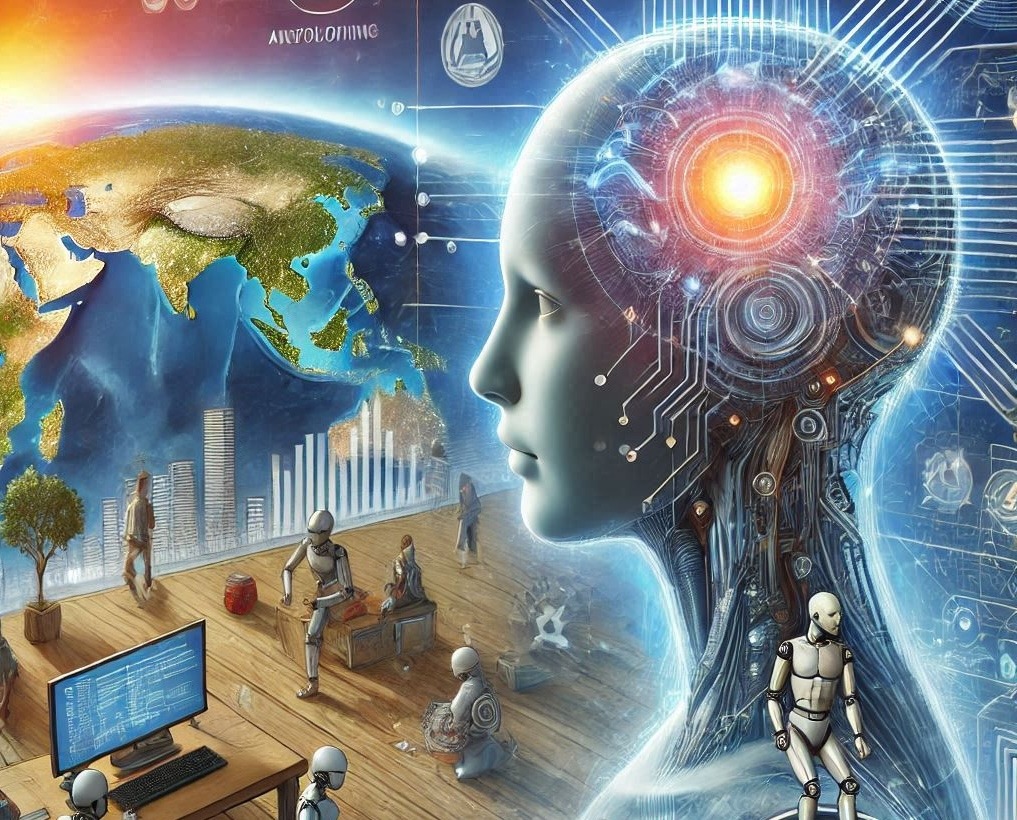rtificial Intelligence (AI) is no longer a futuristic concept—it’s a driving force reshaping industries, influencing societal norms, and redefining the way we work. From healthcare and finance to education and entertainment, AI’s applications are expanding rapidly. In this article, we delve into the top 5 emerging AI trends that are shaping the future of work and society in transformative ways.
Tag: Artificial Intelligence
Unlocking the Future: The Role of Quantum Computing in Everyday Technology
Quantum computing, once the realm of science fiction, is rapidly becoming a transformative force in technology. While still in its infancy, quantum computing holds the potential to solve complex problems far beyond the capabilities of classical computers.
